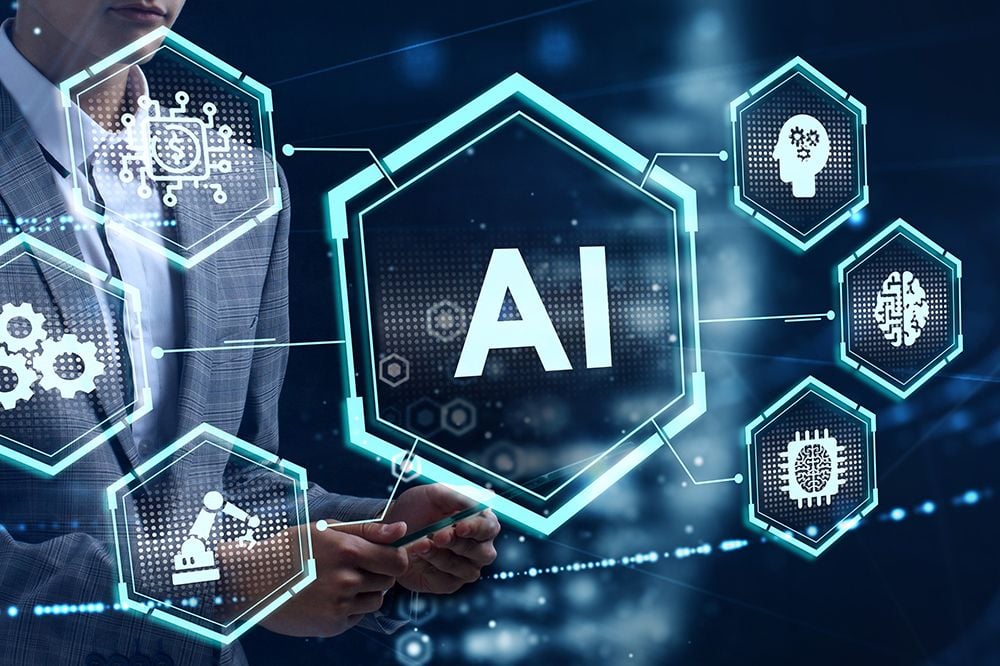Artificial Intelligence (AI) is no longer a distant vision of the future—it is here, reshaping the world in profound ways. From automating mundane tasks to enhancing decision-making capabilities, AI is impacting nearly every industry, transforming how businesses operate, how we interact with technology, and even how we envision the future of work.
AI’s Influence on Business
One of the most significant impacts of AI has been its ability to revolutionize business operations. Companies are increasingly relying on AI for data analysis, customer service, marketing, and more. Machine learning algorithms allow businesses to analyze vast amounts of data quickly, making it easier to identify trends, predict customer behavior, and tailor products and services.
AI-powered chatbots and virtual assistants are enhancing customer service by providing 24/7 support, while predictive analytics is helping businesses optimize their inventory and supply chain management. In marketing, AI is enabling hyper-targeted advertising campaigns, improving conversion rates, and increasing customer engagement.
The Role of AI in Society
Beyond business, AI is influencing various aspects of society, from healthcare to education. In healthcare, AI is revolutionizing diagnostics, drug discovery, and patient care. Algorithms can analyze medical images and patient data with remarkable accuracy, often detecting diseases that human doctors may miss. AI-driven tools are also assisting in personalized medicine, tailoring treatments to individual patients based on their genetic information.
In education, AI-powered learning platforms are enabling personalized learning experiences, helping students progress at their own pace and ensuring that lessons are suited to their learning styles. Virtual classrooms and AI tutors are making education more accessible, especially in remote or underserved areas.
The Future of Work
Perhaps the most debated aspect of AI’s impact is its effect on the workforce. While AI will create new jobs and industries, there are concerns about automation leading to job displacement. Many routine tasks, particularly in manufacturing, customer service, and data entry, are already being automated. However, AI is also creating opportunities for new roles in fields like AI research, data science, and robotics.
The future of work will likely involve a collaboration between humans and AI, where employees work alongside intelligent systems to improve productivity and solve complex problems. Upskilling and reskilling will be essential for workers to stay relevant in an increasingly AI-driven world.
Ethical Considerations and Challenges
As AI continues to evolve, it raises important ethical questions. How do we ensure that AI systems are transparent, fair, and unbiased? What are the implications of AI making decisions on behalf of humans, especially in areas like criminal justice or hiring? And, importantly, how do we balance the benefits of AI with concerns about privacy and data security?
Governments, businesses, and research institutions must work together to develop regulations and ethical guidelines to address these challenges. It is crucial to ensure that AI technology is used responsibly and for the benefit of society as a whole.
Conclusion
AI is undoubtedly one of the most transformative technologies of our time. Its impact is being felt across businesses, societies, and industries, with vast potential to improve efficiency, solve complex problems, and enhance the quality of life. However, as we embrace AI’s possibilities, we must also consider its ethical implications and prepare for the future of work. By working together and prioritizing responsible innovation, we can ensure that AI benefits humanity in the years to come.
